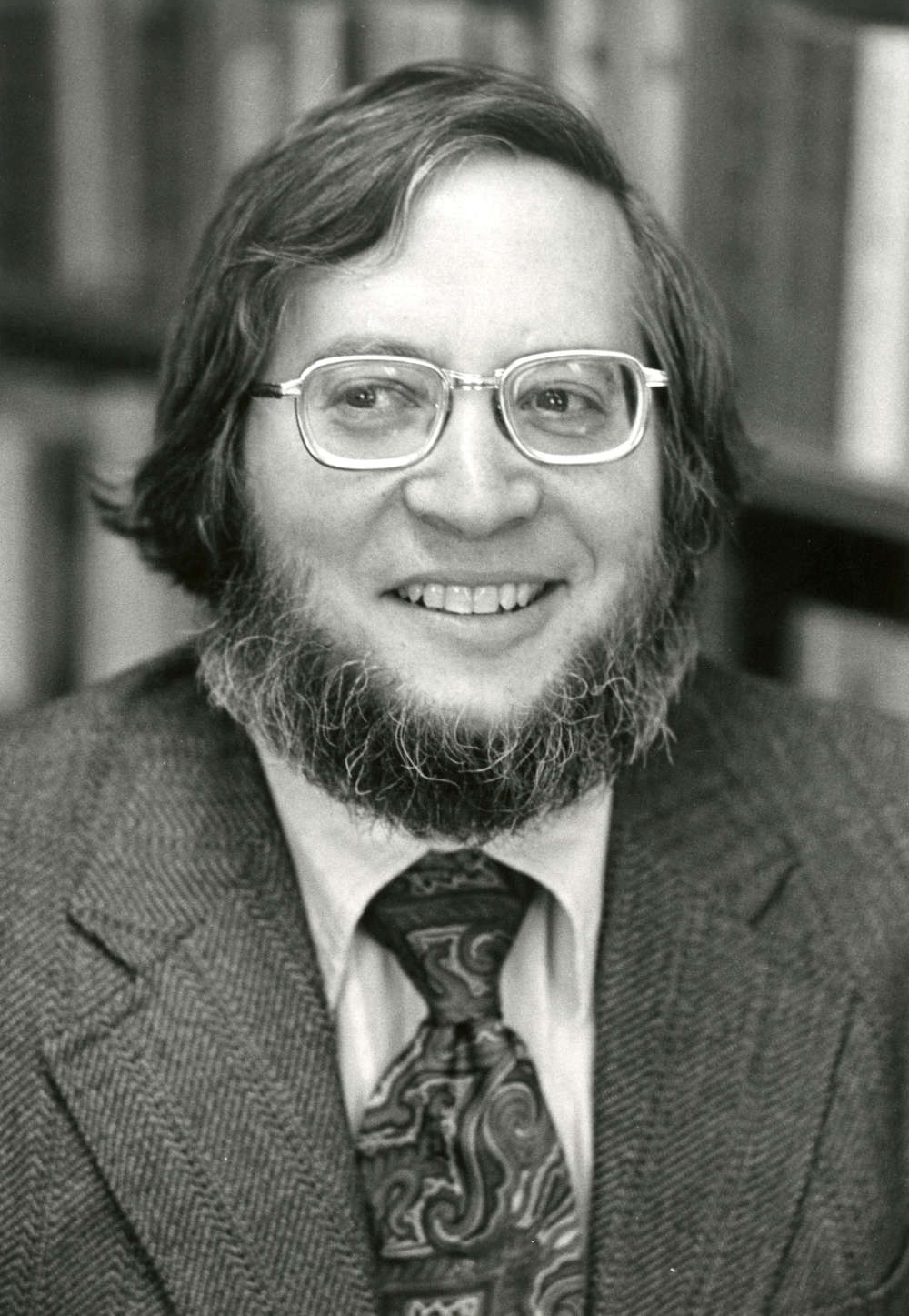Hauser was devoted to teaching Japanese and East Asian history over a career of nearly four decades.

William (Bill) Hauser, a professor emeritus of history, is being remembered for his distinguished teaching career and his research on the economic and social history of Japanâs .
Hauser, who died at the age of 85, taught at the University of Rochester for nearly 40 yearsâfrom 1974 until his retirement in 2011, serving as chair from 1979 to 1985. His intellectual curiosity knew few boundaries: As an undergraduate at the University of Chicago he majored in mathematics, which he followed with a masterâs degree in East Asian studies and a PhD in Japanese history, both from Yale University.
Hauser was devoted to interdisciplinary teaching and sustaining the field of Japanese and East Asian history at the University, and had a deep interest in Japanese film. He was also among the first faculty members in his department to draw on film as a tool for the teaching of history, according to longtime colleague , the Universityâs Franklin W. And Gladys I. Clark Professor of History.
âAnd,â Weaver recalls, âBill had a wry, ironic disposition, like heâd seen it all before and wasnât going to let any of it bother him.â
Case in point: in 1991, when the Studentsâ Association bestowed their Teacher of the Year award on Hauser. âIâm not sure the administration cares. Iâm not sure my department cares, but itâs nice to know the students care,â Hauser said in his acceptance speech, vowing to use his $500 prize on a piece of art or toward one of his many trips to Japan.
But his department did care.
Speaking as chair at the time of Hauserâs retirement, Weaver called him a âJapanese historian by instinct as well as trainingâ who was âa central and indispensable pillar of Asian and East Asian studies at the University for almost four decades.â
His undergraduate courses on the samurai, on traditional and modern Japan, on Japan and the Second World War, on women in East Asia, and on East Asian filmâthe latter his perennial favoriteâconsistently ranked among the departmentâs most popular, Weaver noted in his speech on the occasion of Hauserâs retirement.
âTwo of Billâs passions were palpable, and I was lucky to experience both,â remembers long-time colleague and friend , a Rochester professor emeritus of history and of public health sciences. âI went to his classroom on several occasions and enjoyed watching his joy teaching undergraduates the intricacies of Japanese history. The other was cookingâand eatingâand I was lucky to be his guest for dinner many times where he would âwok upâ a storm.â
The author of (Cambridge University Press, 1974), Hauser wrote about the Japanese textile trade, about Osaka and its early commercial development, on Tokugawa political authority in Western Japan, and on the samurai and the Tokugawa shogunate. In the 1980s, Hauserâs interests turned toward Japanese family history and the management practices of Japanese family businesses. Later, his research interests shifted toward the portrayal of women and war in Japanese film and the Asian American experience generally.
Hauser is survived by his three sons, Benjamin, Aaron, and Zacharyâall of whom are adopted from South Korea and about whom he said, according to in the Minnesota Star Tribune, that raising them âwas more important and meaningful than anything he could publish.â




